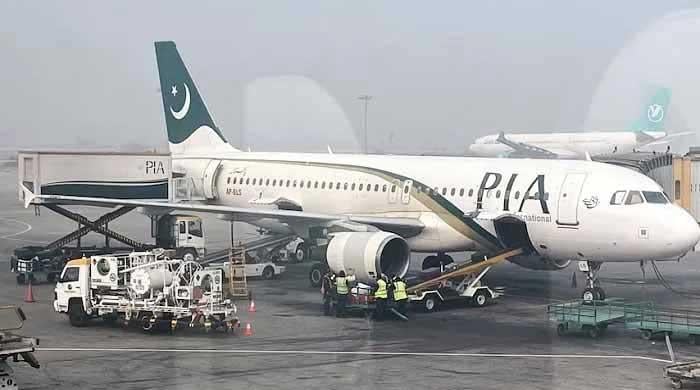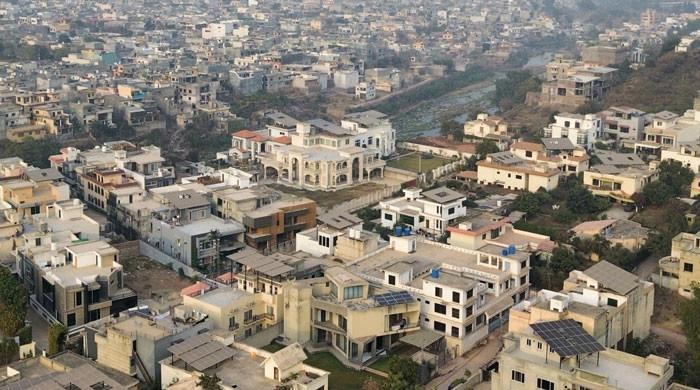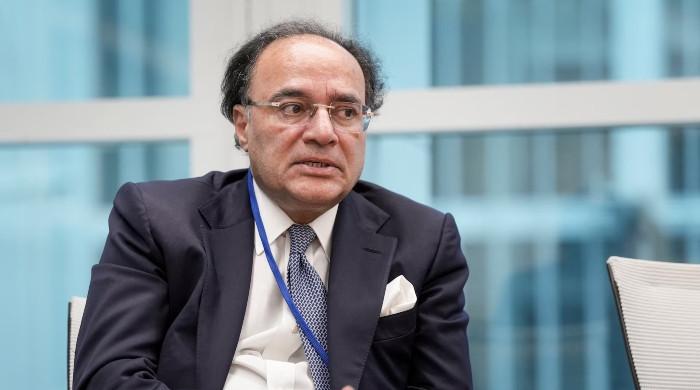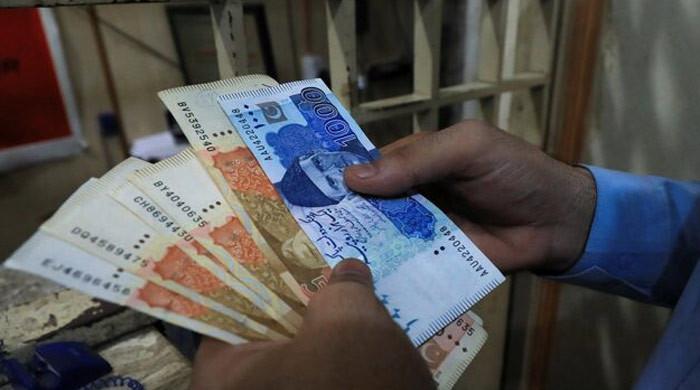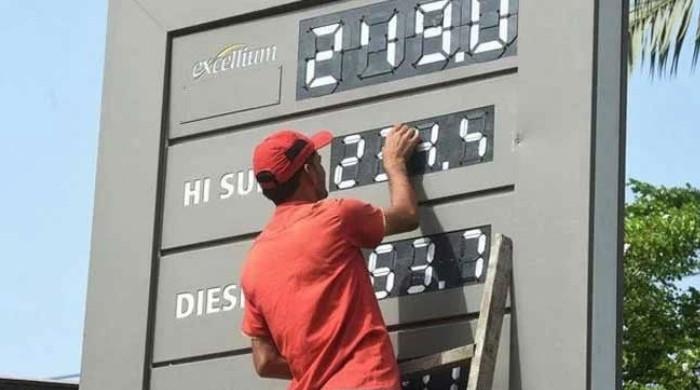Liquidity crunch worth millions of dollars weighs on Pakistan’s interbank market
Importers left in the lurch, forced to pay demurrages for late clearance of goods laying at the port; finance minister had earlier said pace of imports will decline in July
July 24, 2022
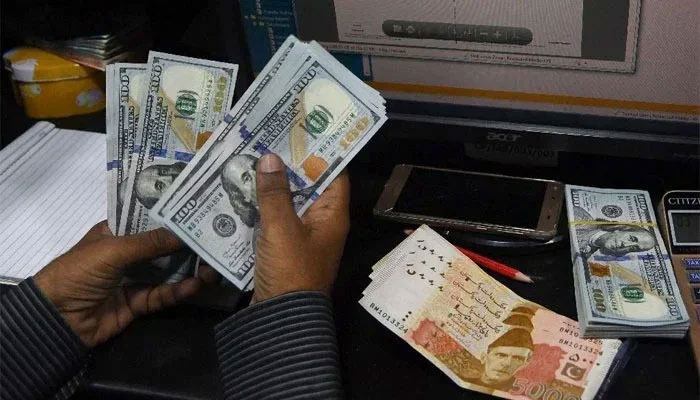
- Pakistan’s interbank market faces a severe liquidity crunch worth millions of dollars.
- SBP has stopped authorised dealers from issuing electronic import forms (EIF/PSW) of goods falling under chapters 84 and 85, says an importer.
- The exporters are halting their proceeds, as their money was not coming back into the country due to a massive devaluation of the rupee.
ISLAMABAD: Pakistani importers are facing severe problems amid a liquidity crunch worth millions of dollars braved by the interbank market these days.
Owing to the severe liquidity crunch, bankers are forcing importers to open Letters of Credit (LCs) after a pause of at least one month for clearing their goods. The importers are left in the lurch finding no solution in such cases where their imported goods are lying at the port and they are forced to pay demurrages for late clearance, The News reported.
One so-called reform introduced at dictates of the IMF in 2008 also played havoc with the exchange rate as the Fund had placed a condition that for import of POL products dollars would be arranged from interbank, as earlier the State Bank of Pakistan (SBP) used to provide dollars from foreign currency reserves. Now it is proving a bad reform in the case of Pakistan.
Now the State Bank of Pakistan’s Exchange Policy Department, in its letter written to the presidents/chief executives of all authorised dealers in foreign exchange, instructed that the list of goods for which the authorised dealers are required to seek prior permission from the Foreign Exchange Operation Department (FEOD), SBP-BSC for initiating the import transaction has been updated. Henceforth, the authorised dealers shall be required to seek prior permission before initiating transactions for the import of goods.
One importer told The News that the SBP had stopped authorised dealers from issuing electronic import forms (EIF/PSW) of goods falling under Chapters 84 and 85. “We are exporting industry and many of our raw materials are imported and fall under these codes. We have requested the government for import of certain amount of goods against our export reimbursement but so far no one is listening.”
“The interbank faced severe crunch last week mainly because of clearance of L/Cs for imported POL products had required $200 to $300 million on a daily basis,” one top official said and added that the interbank market was short of $400 million till the end of last week.
At a time when the foreign exchange reserves had declined from over $20 billion in August 2021 to $9.3 billion till July 15, 2022, which indicated that it was slashed down by $10.7 billion just in the last 11 months, the government had imported POL products to the tune of $3.6 billion in June 2022 and $2.6 billion in May 2022, totalling POL products imports to the tune of $6.2 billion.
It was done at a time when the prices were high and the county was facing severe scarcity of foreign exchange reserves.
The POL import bill stood at $1.4 billion in June 2021 and $1.2 billion in May 2021. The official data indicates that the POL import bill jumped up substantially.
The exporters are halting their proceeds, as their money was not coming back into the country because of a massive decline of rupee against dollar.
Finance Minister Miftah Ismail had stated last week that the pace of import would decline in July 2022.
“But there is a bad news as well that the exports may also face a dip and one major sector may be short of millions of dollar exports in the ongoing month.”
One independent analyst, when contacted, said that there was a hope that the interbank liquidity will improve next week.





